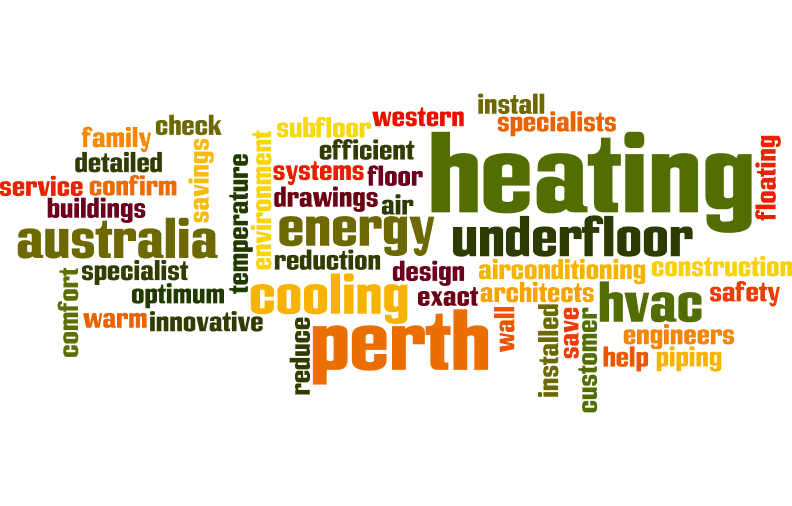Ground loops are one of the most important components of Geothermal systems, and they come in a variety of different types. In this article, we’ll break down the different types of ground loops and discuss the benefits of installing a geothermal heating & cooling system.
A ground loop is a network of pipes that are installed in or around your property, designed to absorb or discharge thermal energy from the ground. This energy can then be used for heating or cooling your home. The main benefit of using a geothermal system is that it can dramatically reduce your energy bills and help you become more sustainable.
The most common type of ground loop is the horizontal closed-loop system. With this system, pipes are installed horizontally in trenches that are dug into the ground around your property. The pipes are connected to a heat pump, and water or antifreeze is circulated through them to capture thermal energy from the ground for use in your home’s heating & cooling systems.
The second type of ground loop is the vertical closed-loop system. This system involves drilling deep vertical wells into the earth and installing vertical pipes into them. The pipes are then connected to a heat pump, which pumps water or antifreeze through them to capture thermal energy from the earth’s core for use in your home’s heating & cooling systems.
The third type of ground loop is an open-loop system. This requires connecting two wells – one well extracts water from an underground aquifer and pumps it into another well where it is returned back to its original source after passing through a heat pump to capture thermal energy for use in your home’s heating & cooling systems.
Finally, there is also a pond/lake loop system which uses an existing body of water as its source for capturing thermal energy – these can be lakes, rivers, streams or ponds – anything that has cold water at its base that can be pumped up and returned back down after passing through a heat pump to capture thermal energy for use in your home’s heating & cooling systems.
No matter what type of geothermal system you choose, you will benefit from dramatically lower energy bills due to their high efficiency ratings – some estimates suggest up to 70% savings on annual heating & cooling costs compared with traditional HVAC systems! Plus, with no emissions produced during operation, Geothermal systems offer environmentally friendly solutions for homeowners looking to reduce their carbon footprint while still enjoying all the comforts that come with modern air conditioning solutions.
If you’re considering installing a geothermal heating & cooling system on your property but feel overwhelmed by all the options available then don’t hesitate to reach out to Euroheat Australia – Perth’s leading engineers & installers with 30 years experience designing and constructing hydronic heating & cooling systems! Not only will they provide expert design advice tailored specifically towards meeting your needs but they will also install your new geothermal system efficiently and safely so you can start taking advantage of all its benefits straight away!





